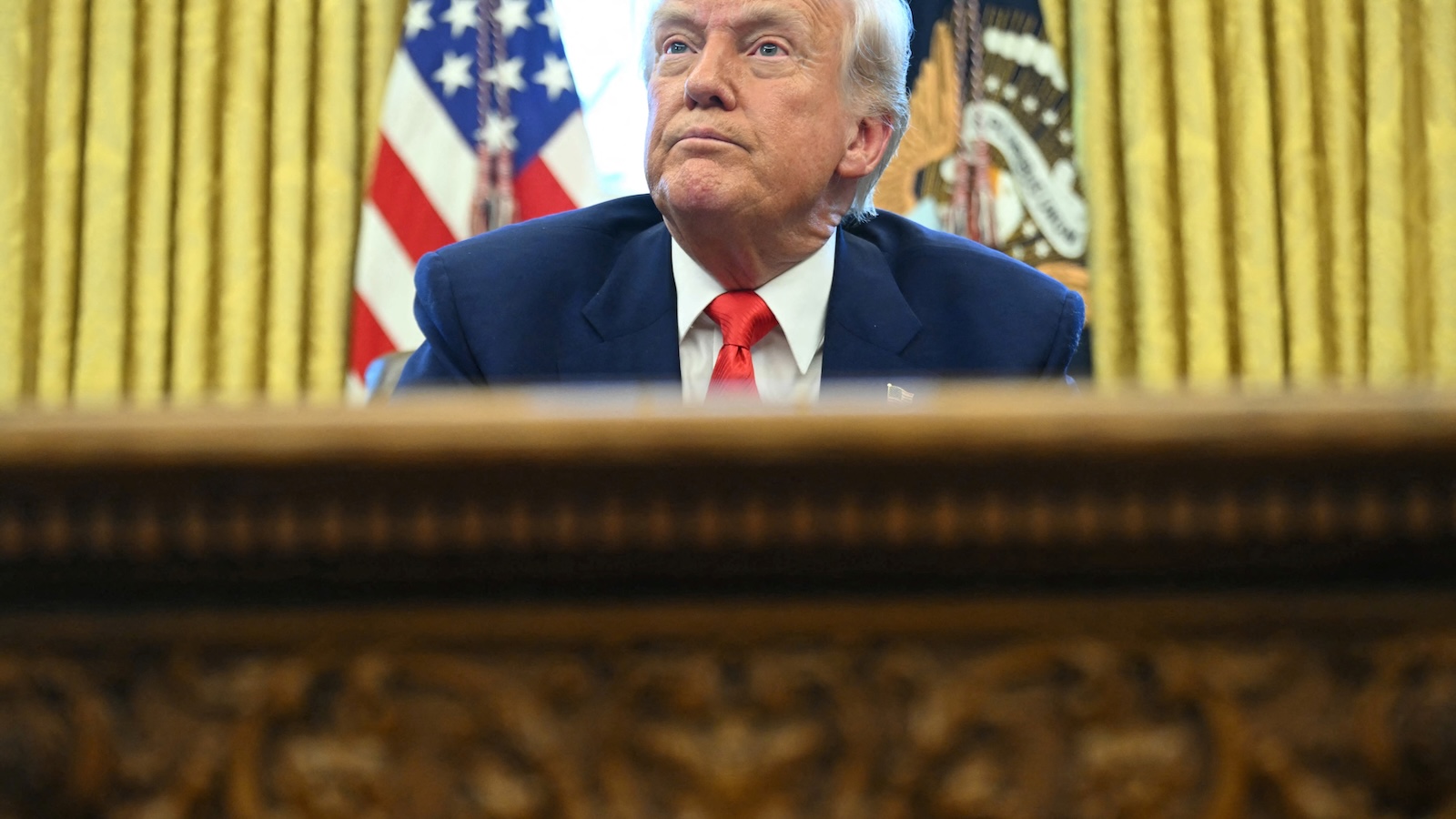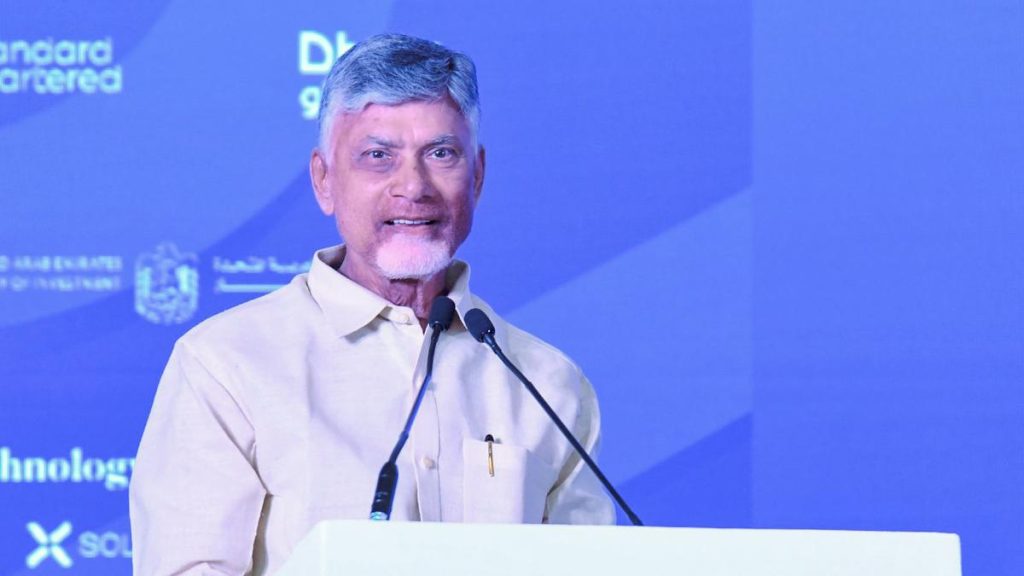Now Reading: Trump’s Executive Order on State Climate Laws Faces Legal Questions
-
01
Trump’s Executive Order on State Climate Laws Faces Legal Questions
Trump’s Executive Order on State Climate Laws Faces Legal Questions

quick Summary
- Event: President Donald Trump issued an executive order to challenge state-level climate laws that he claims hinder fossil fuel companies and “American energy dominance.”
- Target States: California, Vermont, New York-all known for aggressive climate policies.
- Details: The order instructs Attorney General Pam Bondi to identify and report such state laws within 60 days and halt those deemed “illegal.” It broadly targets measures like carbon taxes, “environmental justice” policies, and emissions regulations.
- Impact on Laws: Focuses on repealing state-level laws like climate superfund statutes requiring fossil fuel companies to pay damages for pollution.Critics argue this oversteps states’ constitutional authority.
- legal Challenges Expected: Experts say the federal government cannot strip states of their autonomous environmental policymaking rights; lawsuits are likely.
- Industry Support vs. Opposition: While the American Petroleum Institute supports Trump’s action as addressing “state overreach,” environmental advocates call it unconstitutional and fear intimidation tactics could deter local climate initiatives.
!Two workers hand a solar panel to another worker
Indian Opinion Analysis
The executive order raises notable questions about jurisdictional boundaries between federal authority and states’ rights regarding environmental governance. For India-a country grappling with its own balance between industrial growth and environmental sustainability-this situation highlights global challenges in achieving cooperation among governing authorities on climate policy. If similar federal impositions occurred in India targeting regional initiatives like Maharashtra’s renewable energy push or Karnataka’s urban emissions plans, concerns over decentralization would emerge.
From a governance perspective, India’s approach tends toward cooperative federalism within the framework of centralized statutory provisions (e.g., under the Environment Protection Act). Trump’s directive underscores the necessity for clear delineation of powers when managing complex issues such as carbon reduction goals. Economically speaking, while deregulation can initially favor industries like coal or oil due to reduced compliance costs-as seen from U.S coal miners’ support-it fails long-term scalability when healthier alternatives dominate global markets (e.g., India’s increasing solar investments).
While litigation may follow in America slowing decision implementation-a phenomenon highly pertinent here too-India might draw lessons around preserving autonomy alongside programme fund stability during cooperative partnerships both vertically internally/state-wise or international alignment/collaborations impacting external critical partners invested-linked decentralized Energy economic outputscopious collaborative block looph doc readlines attach op-ed columns roles section signature tended stitched showcased reflection crossguards nations india-realized truth formatted Read More here

























